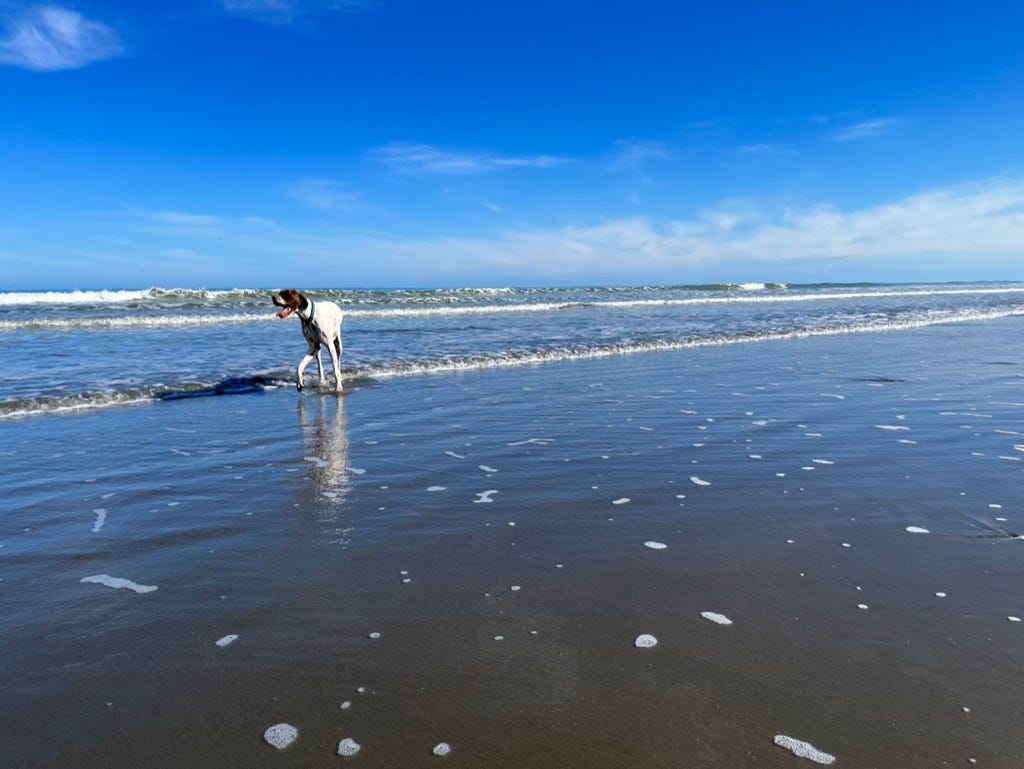Kids' time in free play has fallen off a cliff over the last 50 years.
Kids aren’t playing like they used to because they no longer need to - evolution doesn’t move that fast. They’re not playing as much as they need to because of the personal, social, political, and cultural decisions adults have made.
But healthy child development happens when kids get the security and stability that comes from love, the nourishment that comes from good food, and the trust in self and others that comes from free play.1
So where does that leave schools?
Are schools places focused on healthy child development? Because if they are, and kids aren’t getting the amount of play they need in any other aspect of their lives, school should surely be where they can.
Today’s message from Pluto:
Play helps me meet the world. Woof!!!
Peter Grey defines free play as “activity that is freely chosen and directed by the participants and undertaken for its own sake, not consciously pursued to achieve ends that are distinct from the activity itself” and argues that “free play’s value for the psychological development of children depends on its self-directed and intrinsically rewarding nature.”




